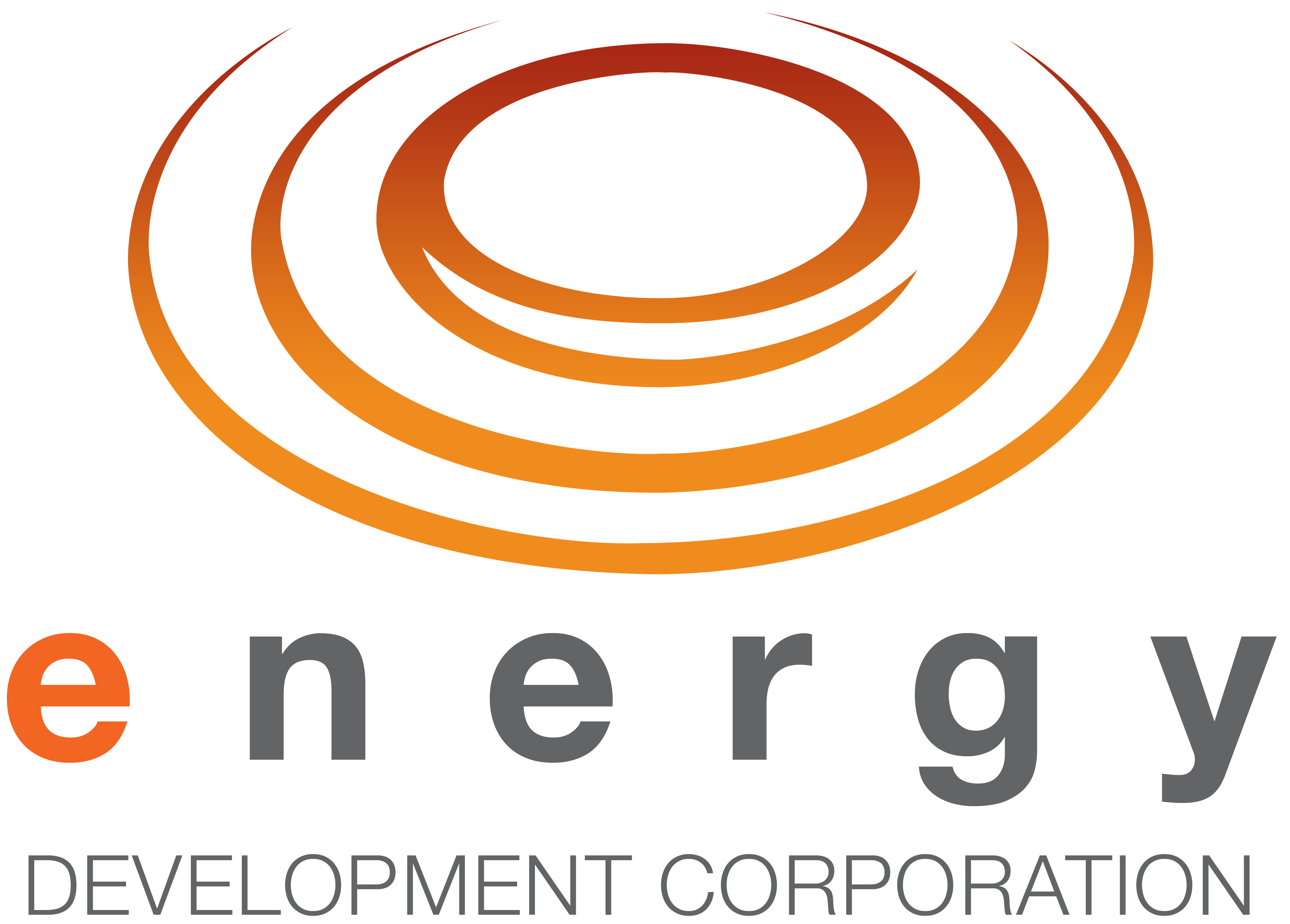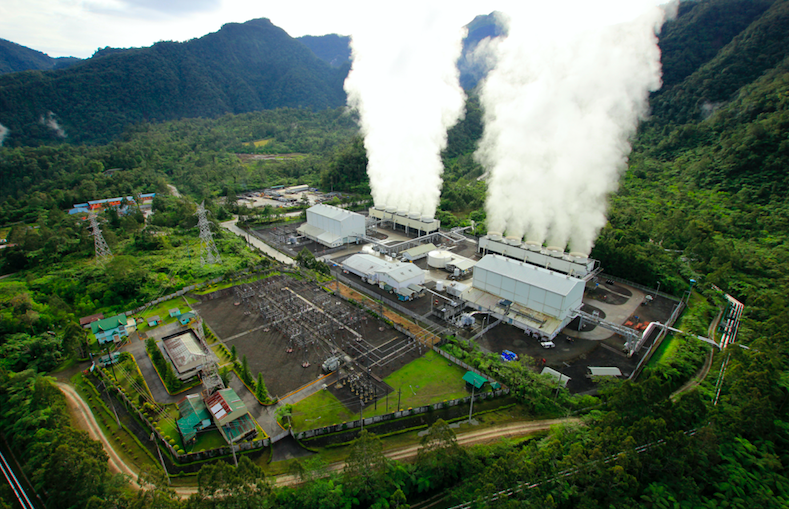
A nation whose progress is backed by strong, steady, clean and sustainable power—that is the vision of Energy Development Corporation, the Philippines’ leading renewable energy company.
Now on its 42nd year, EDC continues to pioneer a future of infinite possibilities through clean, alternative sources of energy such as geothermal, wind, hydro and solar. To date, EDC generates more than 20 percent of the total renewables in the country’s energy mix. The company’s strong focus and over 40-year head start on geothermal power has also placed the Philippines on the global energy map by making it the world’s largest geothermal producer.
EDC’s geothermal plants in Bicol, Leyte, Mindanao, and Southern Negros are paragons not only of efficient and reliable renewable energy production, but also of thriving, sustainable communities. In these sites, the environmental benefits of renewable energy are showcased and at the same time continually propagated. EDC works hand in hand with the communities it operates in to create sustainable livelihood, enhance local government services and conserve natural resources.

As part of its proactive stance toward climate change, EDC’s reforestation and biodiversity restoration program BINHI has planted 6.3 million trees and restored 9,196 hectares of denuded land across the Philippines. This has led to a reduction of more than 1 million tons of carbon dioxide. All in all, EDC is a proud carbon-neutral Filipino enterprise—with its carbon footprint of 806,117 tCO2e only 30 percent of the total 2.4 million tCO2e carbon absorption of the forests and plantations it has nurtured in the past four decades.

For all these, EDC has recently landed on the global Carbon Clean 200 list—a compendium that recognizes the largest publicly listed companies that make it possible for the world to transition and progress into a clean energy future. It is the first and only Philippine company to be given such recognition.
With all such bright and encouraging prospects, EDC continues to guide the way to the reality of a fully sustainable and cost competitive renewable energy base for the country—one that is accessible to power consumers; one that keeps the lights on round-the-clock for burgeoning businesses and industries; one that improves and saves lives by powering hospitals, airports and vital public facilities twenty-four-seven; and one that keeps the air and waters clean for many generations of Filipinos to come.
ADVT

